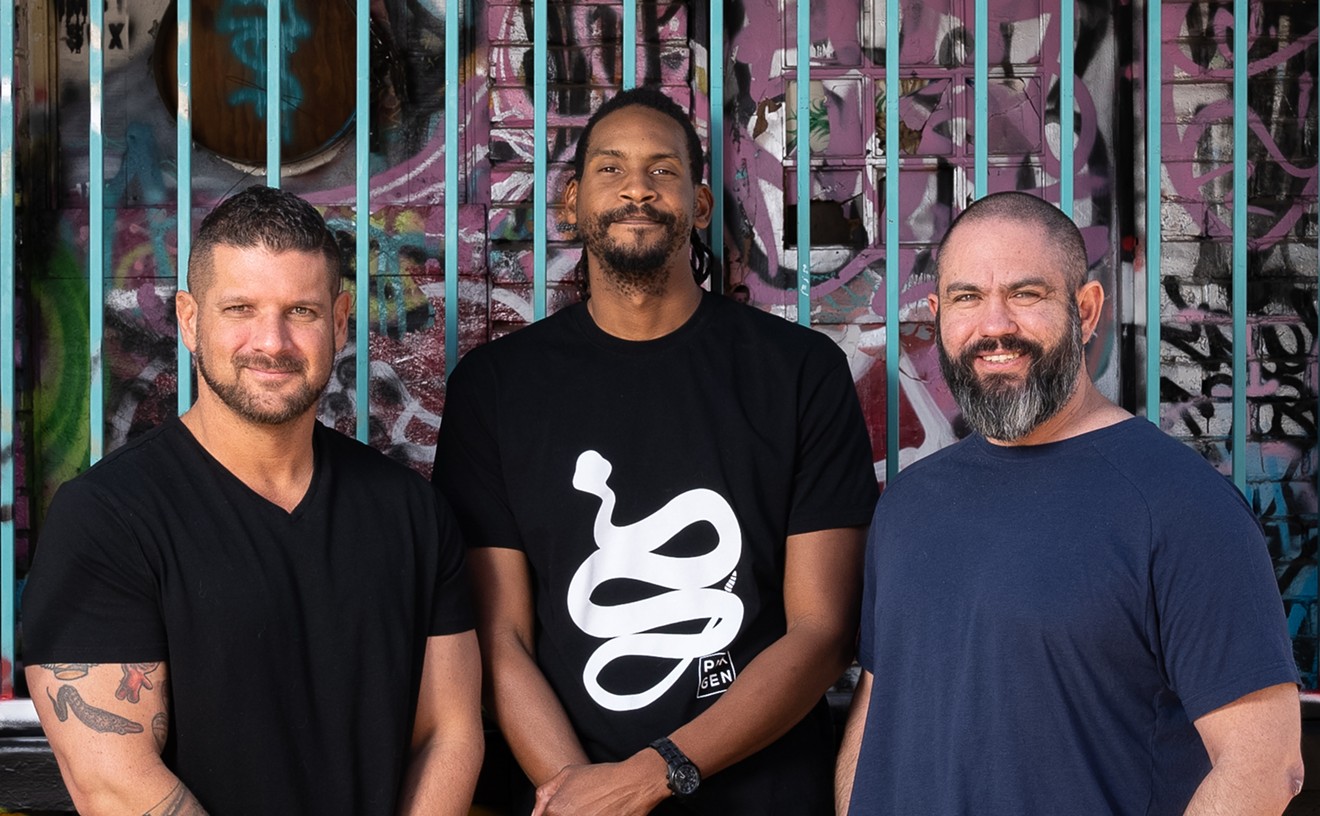The publicity campaign for Big Bad Wolves, a nasty little revenge thriller from Israeli filmmakers Navot Papushado and Aharon Keshales, quotes Quentin Tarantino's decree that it's the "best film of the year." Tarantino saw Big Bad Wolves at last year's Busan Film Festival, where he reportedly showed up at a post-screening Q&A to profess his love for it. That stamp of approval can mean a lot to a pair of young filmmakers, particularly those working in country that doesn't produce — or support — much genre cinema.
But Tarantino figuratively and often literally waves his arms about a lot of things. (That's just one reason to love him.) Does Big Bad Wolves live up to his breathless accolades? Sort of. The picture is sturdily made and unapologetically, wickedly brutal: When a character's toenail meets a bad end thanks to a pair of pliers, Papushado and Keshales cut away just after, not before, that tender little protective sliver is whisked off. The filmmakers know just what our vulnerabilities are. Why is toenail removal more excruciating than, say, watching dozens of guys getting mown down by bullets? But as we wince, they're laughing with us, not at us.
There's wit and intelligence in Big Bad Wolves; maybe just not enough. Three men — semi-crooked police detective Micki (Lior Ashkenazi, recently seen in Joseph Cedar's Footnote), suspected pedophile and murderer Dror (Rotem Keinan), and grieving father Gidi (Tzahi Grad), seeking to avenge his daughter's death — tangle in the basement of a remote house. There's some torture involved, but also lots of talking: Papushado and Keshales flirt with some potentially intriguing ideas, chief among them whether fatherhood automatically makes you a kinder and better person. Their verdict: "Well, maybe." The movie features no actual moms, other than as voices heard over the phone, putting the focus squarely on the guys and their manhood. Each character sees himself as a virtuous dad, though perception doesn't necessarily square with reality.
But even though Papushado and Keshales raise some ticklish questions, it's hard to know exactly what they're going for, beyond some mischievous, grisly thrills. At least they're skillful at delivering those: When a character takes a rusty blade in hand, the first cut is the deepest — the moment is a button-pusher, all right, but it's funny in a shivery way. With filmmaking this sure-footed, it's hard not to wish for just a little more depth. The opening-credit sequence, in which two kids play hide-and-seek in a broken-down house and ultimately find a single red patent leather shoe, is rendered in hypnotic and gorgeous slow motion. But what does it mean in the context of the rest of the movie? It sets a poetic tone that's immediately abandoned, and seems to exist just to prove the filmmakers' mastery of various styles. Big Bad Wolves huffs and it puffs. It just can't quite blow the house down.










